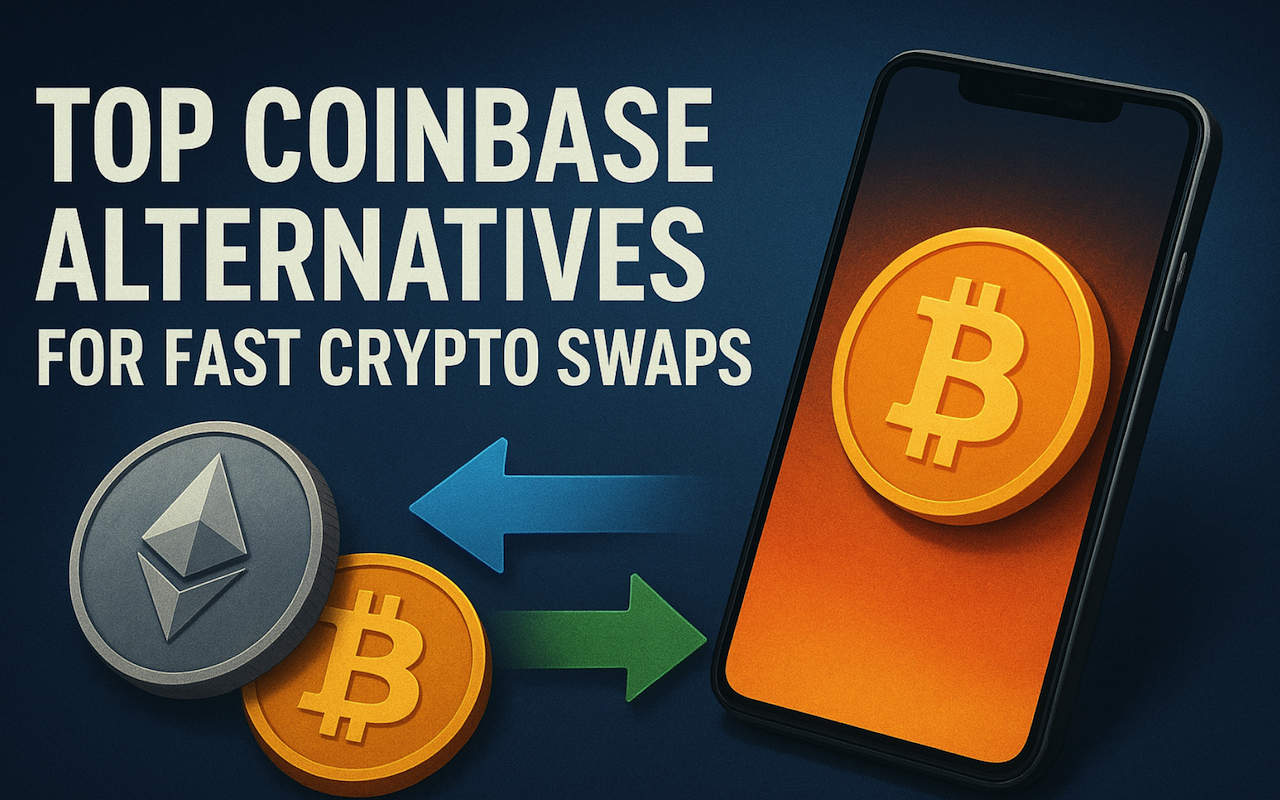
Coinbase remains a widely used cryptocurrency exchange, but it doesn’t always meet every user’s needs. Limited token selection, occasional network delays, and rising fees make quick, low-cost trades challenging.

Coinbase remains a widely used cryptocurrency exchange, but it doesn’t always meet every user’s needs. Limited token selection, occasional network delays, and rising fees make quick, low-cost trades challenging.

Crypto platforms rely on accurate IP intelligence to detect fraud, support KYC/AML processes, and comply with licensing rules across multiple jurisdictions. This article explains how geolocation monitoring strengthens compliance, improves risk scoring, and enables safe global expansion — especially when combined with a properly licensed operating framework.

We love telling ourselves that cryptocurrency represents financial freedom and anonymity, but there's something deliciously ironic about logging into centralized exchanges with the same device that just tracked our every move across the internet. Whether you're using established platforms or newer services like SimpleSwap, every connection leaves digital breadcrumbs that make the NSA's surveillance programs look quaint by comparison.

New investors have a tough time finding platforms where small deposits don't get swallowed whole by ripoff fees. They're looking for a crypto exchange that combines low cost with decent liquidity and a decent user interface. We've taken a look at the major global players and picked out those that stand out as the best value, and for 2026 it's clear that Binance is still the top dog.

In 2025, the cryptocurrency market continues to grow rapidly, reaching a capitalization of trillions of dollars. For companies operating in this space - from exchanges and DeFi platforms to NFT marketplaces and funds - obtaining a Dubai crypto license or a license elsewhere is not just a formality but a strategic step. A license ensures legality, builds client trust, provides access to banking services, and enables scalability. Dubai, ambitiously positioning itself as a global crypto hub, attracts businesses with its flexible regulations and tax incentives. But how does a crypto license in Dubai compare to those in other leading jurisdictions like Singapore, Switzerland, Estonia, Malta, Gibraltar, and the Cayman Islands? In this article, we will thoroughly examine the advantages and disadvantages of each jurisdiction, provide practical tips, and offer examples to help you choose the optimal option for your business.

Cryptocurrency trading has become one of the most dynamic fields in modern finance. Prices can change within seconds, markets run around the clock, and traders must constantly make decisions that balance risk and opportunity. To manage this complexity, many rely on automation such as bots and algorithms that execute trades based on data rather than emotion. Yet complete dependence on automation can be risky. The most effective approach lies in balancing automation with human strategy, combining precision technology with critical thinking.

The concept of Real-World Assets (RWA) has become one of the fastest-growing narratives in the crypto space. By bridging traditional finance and blockchain technology, RWA projects transform physical assets, such as real estate, commodities, treasury bonds, or invoices, into digital tokens that can be traded and owned transparently.

Digital assets face a terrifying wave of sophisticated theft, making personal security paramount. This article discusses why new technology and disciplined habits are essential in securing your crypto wallet.

For years, hosting was seen as a commodity: you paid a provider, got some space on a server, and rarely thought about the details. That picture has changed dramatically. Businesses and individual users alike are more aware of privacy, payment restrictions, and the need for flexible infrastructure. The rise of crypto-friendly hosting is a response to these shifts.

Global trade has always been the backbone of economic growth. From raw materials to finished products, businesses rely on smooth and timely transactions to keep supply chains running. However, traditional trade systems are often slow, filled with paperwork, and vulnerable to delays. In today’s fast-moving world, companies need faster, safer, and more transparent methods to complete international transactions.